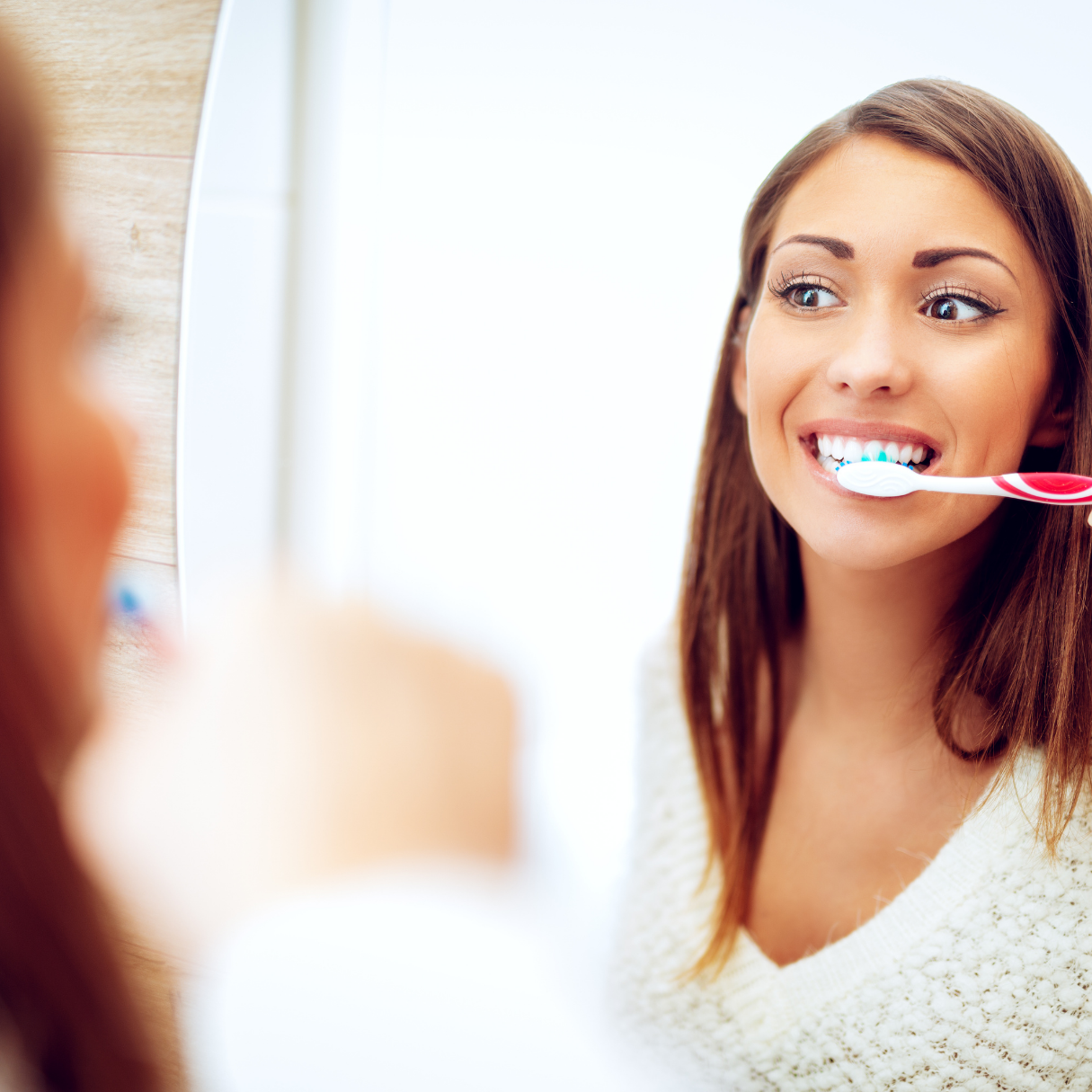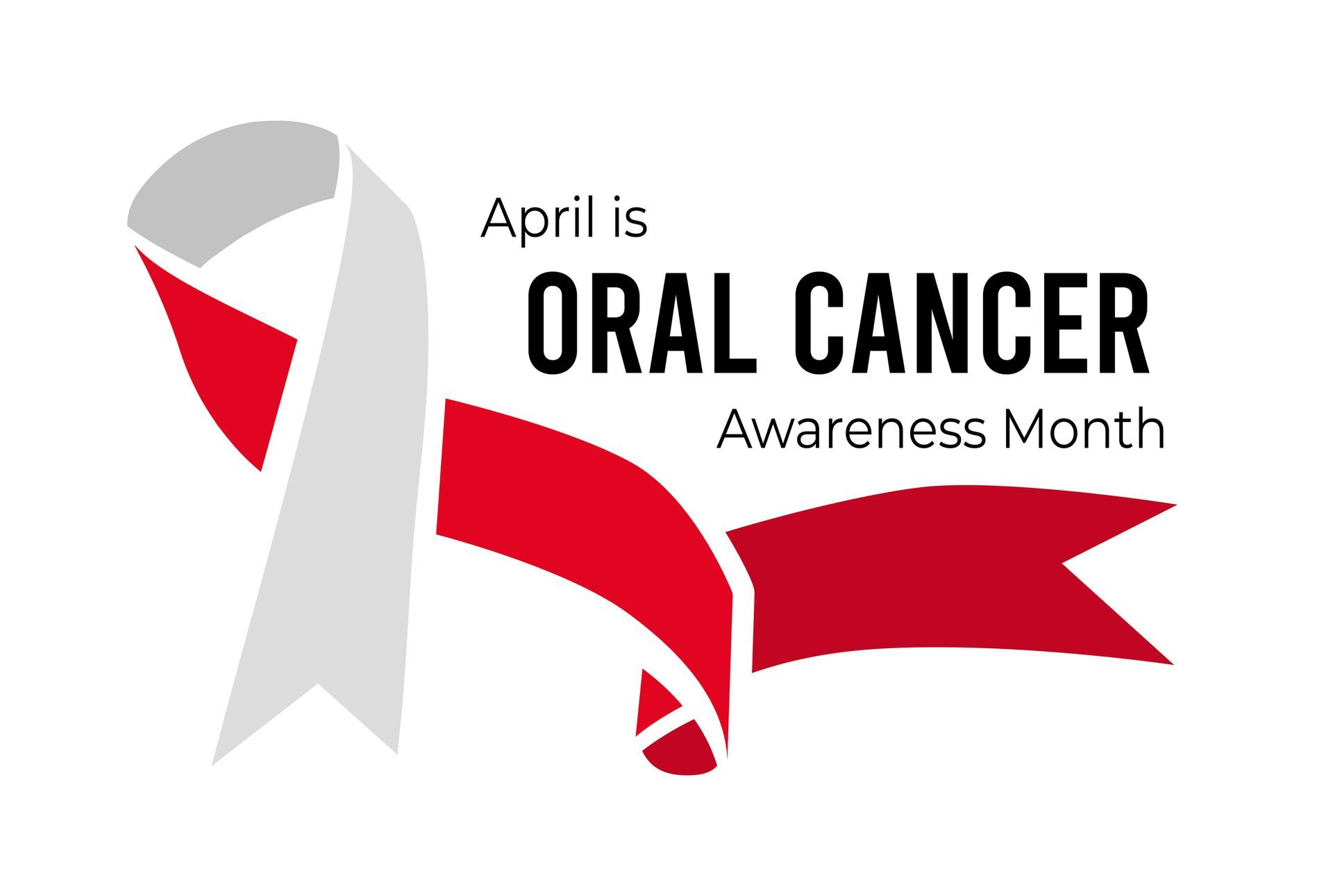The Truth About Whitening Toothpastes: Bright Smiles and Bold Claims
In the quest for a brighter smile, many consumers turn to whitening toothpastes as a convenient solution. The market is inundated with brands promising a dazzling Hollywood smile, but what’s behind the glossy advertising?

Understanding Whitening Toothpastes
Whitening toothpastes primarily rely on two methods to improve the appearance of teeth: physical abrasion and chemical action. Abrasives like hydrated silica or calcium carbonate are common and work by gently scrubbing surface stains from teeth. Chemical ingredients such as hydrogen peroxide or carbamide peroxide act as bleaching agents, altering the color of the tooth itself, but these are typically found in lower concentrations in toothpaste than in professional whitening treatments.
Efficacy and Expectations
While whitening toothpastes can be effective at removing surface stains caused by coffee, tea, or tobacco, they are less successful at altering intrinsic discoloration that affects the inner structure of the teeth. It’s essential for consumers to have realistic expectations: these toothpastes can help maintain a white smile but are unlikely to provide the dramatic results seen with professional treatments.
Considerations for Enamel Safety
A common concern with whitening toothpastes is their potential for enamel erosion. The abrasive agents can wear down enamel over time, particularly if used too vigorously or too often. Some formulations include ingredients like fluoride to help remineralize and protect enamel, balancing the toothpaste’s whitening power with enamel safety.
Sensitivity Issues
For some, whitening toothpastes can cause increased tooth sensitivity. This is often due to the presence of whitening agents or the abrasiveness of the paste. Individuals with sensitive teeth should opt for toothpastes formulated for their condition and may need to use whitening products sparingly.

A Holistic Approach to Oral Health
It’s important to remember that whitening toothpastes should be part of a broader oral hygiene regimen. Regular brushing, flossing, and dental check-ups are critical for maintaining oral health. A whitening toothpaste can’t compensate for poor dental habits.
The Verdict on Whitening Toothpastes
Whitening toothpastes can be a useful addition to one’s oral care routine, offering a mild whitening effect by removing surface stains. However, for deeper discoloration or more significant whitening, professional treatments are usually necessary. Users should look for products that carry a seal of approval from dental associations, ensuring that the product is both safe and effective.
In conclusion, while whitening toothpastes may not offer a miracle cure for discolored teeth, they can play a role in achieving and maintaining a whiter smile when used correctly and with appropriate expectations. As always, consult with a dental professional before starting any new whitening regimen.




